Because I want to be a therapist, a lot of the classes I’m taking are geared towards counseling and the skills it takes to make it effective. One important factor in understanding someone is the context of the person’s upbringing. Understanding or at least, having an idea of how someone was raised – what they lacked, what they had more than enough of, etc. – this makes sense in a counseling context where often, the goal is to break habits formed or manifested as a child. But, within the context of a friendship, how long does the benefit of the doubt apply?
Oftentimes, in our friendships, we allow space and time for our friends to grow, and that can result in dismissing or excusing certain behaviors in order to keep that space a safe one. Although a noble act, and sometimes a necessary one, we can’t allow people we care about to occupy that space for too long. Understanding the context of their childhood, or maybe what they’re going through at the moment is all essential in being a nurturing, empathetic and encouraging friend. However, when we begin to excuse the inexcusable, we tend to create a crutch for our loved ones that hinders their growth and healing.
One phrase that I think has been absolutely worn out by a lot of people is “well, that’s just how I am – I’ve always been like that.” The amount of times I’ve heard this as an excuse for stagnation when it comes to behavioral changes is endless. People get too comfortable and stuck in their ways to consider the fact that there are other, more efficient ways of handling things. A part of that problem is the people who were around them allowing them to handle things a certain way in the first place, but a bigger problem is people around them allowing them to handle things that same way when growth and maturity are supposed to be taking place. And sometimes, it’s not about growth, or even maturity, sometimes it’s knowing right from wrong and activating the common sense that we’re all blessed with.
It’s time we set boundaries and put ourselves in positions to challenge those around us to be better. Despite life’s difficulties, we must hold each other accountable in ways that encourage changes in behavior that benefit not only that person, but also the people around them. As friends and loved ones, it is not our responsibility to coddle one another into a routine of bad habits. These things are difficult because sometimes, it’s all a person ever knows, and in order for them to change their behavior and ultimately, their mindset, they have to want to. And as a friend, you have to be there to encourage them. In a friendship that fosters growth, there are certain things that shouldn’t be tolerated. Even after changes are made, there should be a constant search for improvement that is supported by families and friends.
Sometimes, as a friend, you want to be supportive and accommodating to the point that you feel obligated to hold your tongue, but what kind of friend would you be if your unwillingness to speak up stunts the growth of someone else? I want to be clear that the growth of another person is not our responsibility but it is, however, our responsibility to maintain accountability in healthy relationships. We do ourselves, and our friends and loved ones a disservice by not speaking up and checking our friends. Continue to uplift your friends, and hold each other to a higher standard so that there is a mutual expectation to do and be better. Allow them space and time to grow. Make room for mistakes but, don’t make that room a comfortable one. We, along with the people around us, must continue to be stronger than our best excuse.







